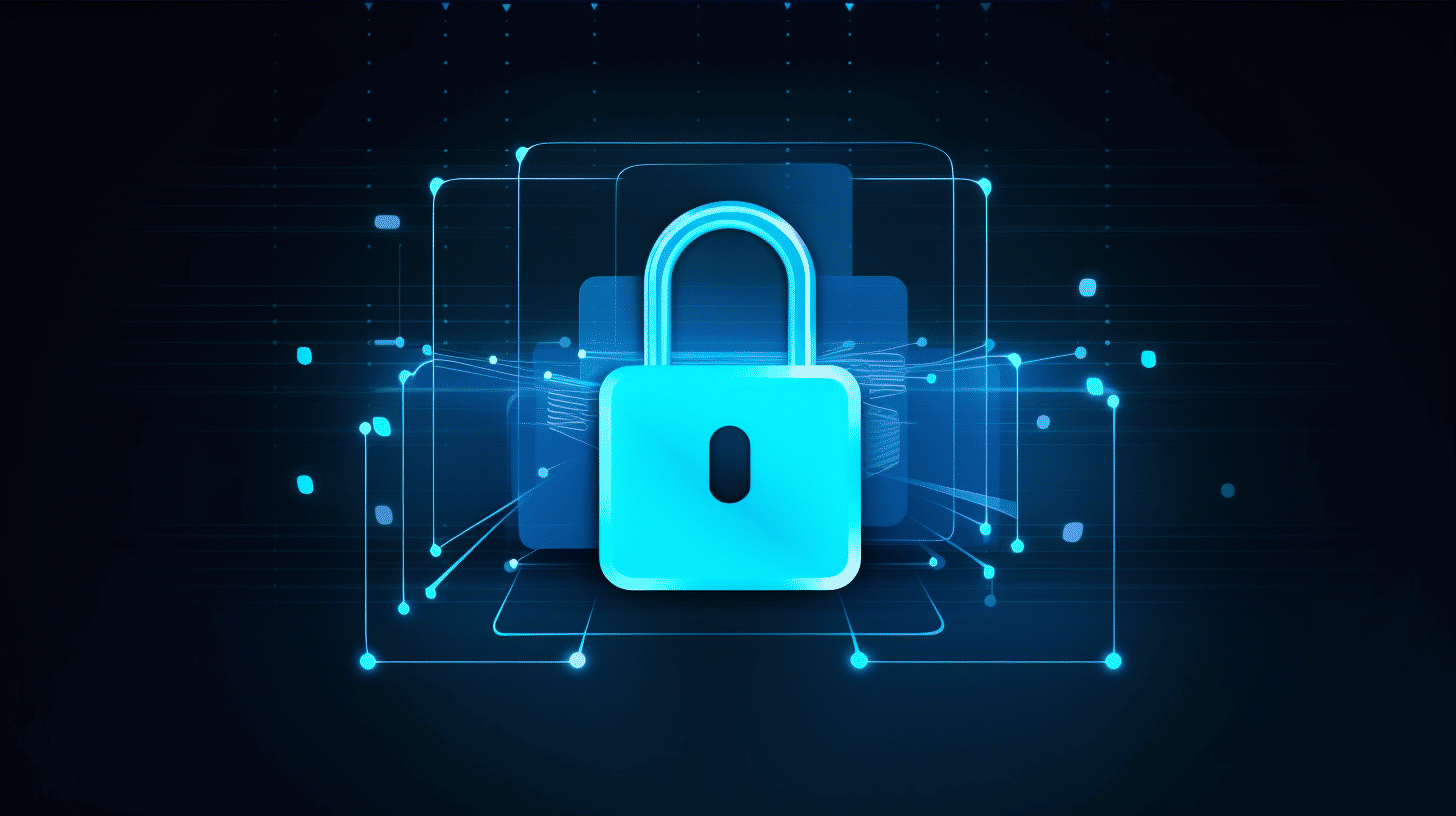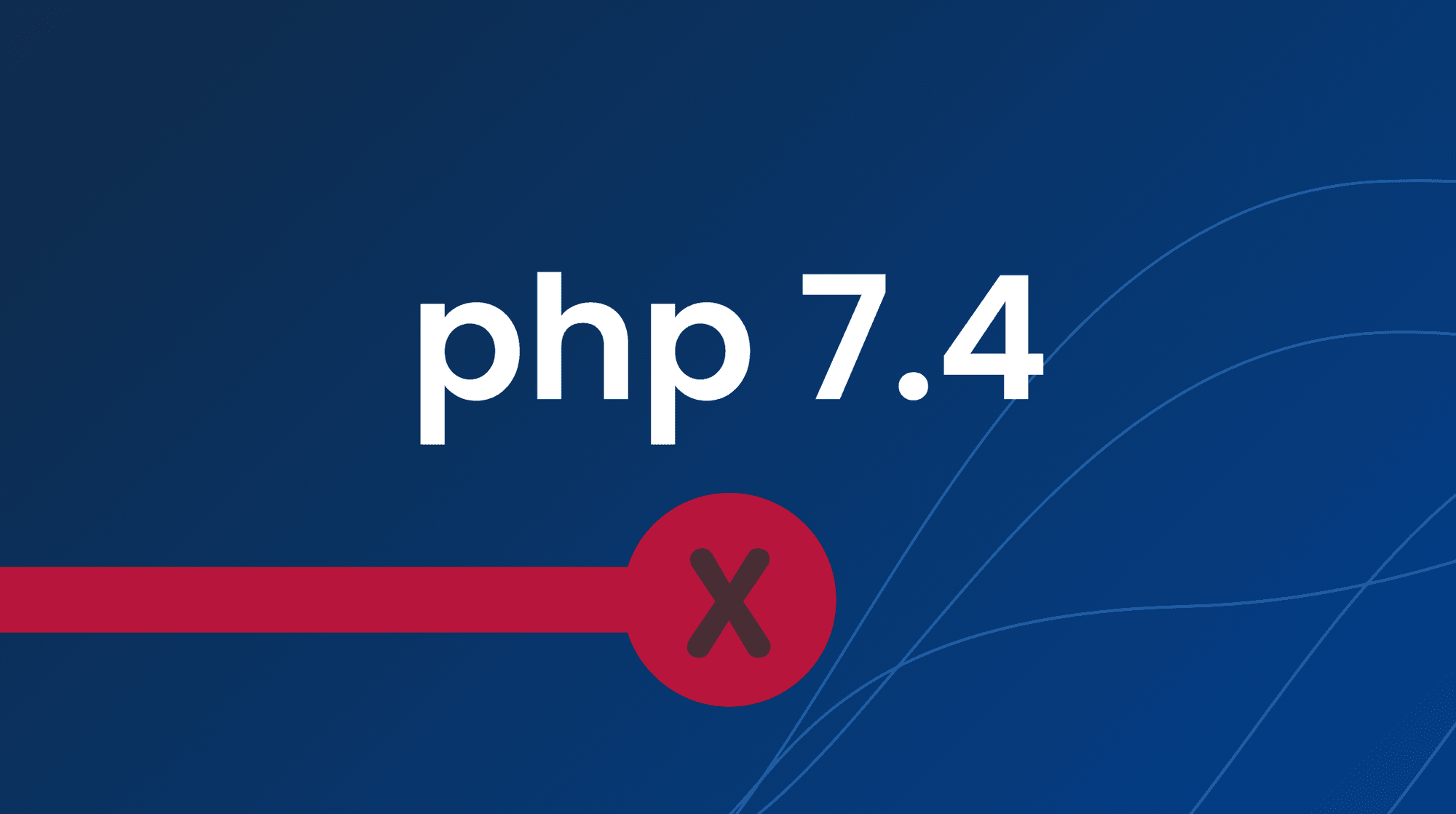在當今的數位環境中,網站安全是維持線上狀態的重要方面。無論您是為客戶建立網站的自由工作者還是管理自己的網站,了解和實施適當的安全措施都至關重要。如果沒有足夠的安全保障,您的網站及其包含的敏感資訊就很容易受到攻擊、洩露,並可能造成災難性的後果。
在這份綜合指南中,我們將探討網站安全對於初學者的重要性。我們將深入探討網站面臨的各種威脅,並提供實施基本和進階安全措施的實用技巧和建議。在本指南結束時,您將擁有保護您的網站和保護您的線上狀態所需的知識和工具。
但為什麼網站安全如此重要?讓我們仔細看看為什麼它應該成為任何自由工作者或網站所有者的首要任務的一些原因:
了解網站安全的重要性
在當今的數位環境中,網站安全至關重要。隨著網路威脅變得越來越普遍和複雜,確保用戶資料的安全和保護已成為企業和網站所有者的首要任務。但網站安全不僅僅是保護用戶資料;它在維護網站完整性、提高 SEO 排名和贏得訪客信任方面也發揮著至關重要的作用。
保護用戶數據
用戶資料非常有價值,無論對於用戶本身還是對於企業而言。從個人資訊到財務詳細信息,網站經常收集和儲存敏感資料。如果沒有適當的安全措施,這些資料很容易受到駭客和惡意行為者的攻擊。資料外洩的後果可能是災難性的,導致財務損失、聲譽損害和法律後果。
實施強大的安全措施,例如加密協定、防火牆和定期安全審計,有助於保護使用者資料免於未經授權的存取。這不僅確保了用戶的隱私和安全,而且還在網站訪客心中建立了信任和可信度。
維護網站完整性
網站完整性是指網站整體的可靠性和可信度。安全的網站可以讓用戶充滿信心,並向他們保證他們的交易和互動受到保護。
網站安全措施,例如 SSL 證書,可以幫助在伺服器和使用者瀏覽器之間建立安全連線。這不僅可以加密敏感數據,還可以防止惡意行為者攔截或篡改訊息。安全的網站向用戶表明他們的互動受到保護並且網站所有者非常重視他們的安全。
提升 SEO 排名
網站安全對搜尋引擎優化(SEO)排名有直接影響。 2014 年,Google宣布 HTTPS(超文本傳輸協定安全)將成為排名訊號,這意味著擁有 SSL 憑證和安全連線的網站將獲得略微的排名提升。
擁有一個安全的網站不僅可以提高用戶體驗,還可以向搜尋引擎表明該網站是可靠且值得信賴的。因此,搜尋引擎更有可能在搜尋結果中優先考慮安全的網站,從而提高知名度和自然流量。
贏得遊客信任
安全的網站對於獲得和維持訪客的信任至關重要。用戶對於在線上分享個人資訊變得越來越謹慎,他們希望網站優先考慮他們的安全性。
當訪客看到安全指示器(例如網址列中的掛鎖符號和「https://」)時,他們會更有信心分享他們的資訊並與網站互動。另一方面,如果網站缺乏安全措施或有安全漏洞的歷史,訪客更有可能放棄網站並尋找其他網站。
透過優先考慮網站安全,企業可以與受眾建立信任並創造積極的用戶體驗,最終提高轉換率和客戶滿意度。
總之,網站安全對於保護用戶資料、維護網站完整性、提高 SEO 排名和贏得訪客信任至關重要。投資強大的安全措施不僅可以保護敏感訊息,還可以增強整體用戶體驗。在日益互聯的世界裡,網站所有者再也不能忽視網站安全的重要性。
常見網站威脅
在當今的數位環境中,網站安全至關重要。隨著各種活動對網路的依賴越來越大,網站所有者了解並保護其網站免受潛在威脅變得至關重要。網站面臨幾種常見威脅,這些威脅可能會危及網站的安全性和功能。在本文中,我們將探討一些最常見的網站威脅並討論如何減輕這些威脅。
跨站腳本 (XSS)
常見的網站威脅之一是跨站點腳本 (XSS)。當攻擊者將惡意程式碼注入網站,然後由毫無戒心的使用者執行時,就會發生 XSS。這可能導致各種問題,例如竊取敏感資訊、劫持使用者會話或破壞網站。為了減輕 XSS 攻擊,網站所有者可以實施以下措施:
- 正確的輸入驗證和輸出編碼:網站開發人員應確保正確驗證使用者輸入,並對網站上顯示的任何輸出進行編碼,以防止執行惡意程式碼。
- 內容安全策略 (CSP) 標頭:實作 CSP 標頭可以限制網站上可載入的內容類型,從而阻止執行攻擊者註入的腳本程式碼。
SQL注入
另一個普遍的網站威脅是 SQL 注入。當攻擊者利用網站輸入欄位中的漏洞來操縱底層資料庫時,就會發生 SQL 注入。這可能導致未經授權的存取、資料洩露,甚至資料完全遺失。為防止 SQL 注入:
- 使用參數化查詢或準備好的語句:透過使用參數化查詢或準備好的語句,網站擁有者可以確保使用者輸入在用於資料庫查詢之前得到適當的清理。
- 實施最小特權原則:資料庫使用者帳戶應具有有限的特權,僅授予他們執行其預期任務所需的必要權利。
分散式阻斷服務 (DDoS) 攻擊
DDoS 攻擊是網站的主要擔憂,尤其是那些嚴重依賴線上狀態的網站。在 DDoS 攻擊中,攻擊者透過大量流量淹沒網站伺服器,導致合法用戶無法存取該網站。防禦DDoS攻擊:
- 實施強大的 DDoS 防護服務:網站所有者可以訂閱可靠的 DDoS 防護服務,該服務可以識別和緩解惡意流量,確保網站即使在受到攻擊期間仍然可以存取。
- 負載平衡和擴展:在多台伺服器之間分配流量可以透過分配負載並最大限度地減少對任何單一伺服器的影響來幫助減輕 DDoS 攻擊的影響。
惡意軟體攻擊
惡意軟體攻擊對網站及其訪客構成嚴重威脅。惡意軟體可以注入網站,危及使用者數據,向訪客傳播惡意軟體,或將他們重新導向到惡意網站。為了防止和減輕惡意軟體攻擊:
- 定期掃描網站是否有惡意軟體:網站所有者應使用專門設計的安全工具定期執行惡意軟體掃描。這些掃描可以幫助識別並刪除網站上存在的任何惡意程式碼。
- 保持軟體和外掛程式為最新版本:過時的軟體和外掛程式可能存在漏洞,可被攻擊者利用。定期更新軟體和外掛程式有助於修補這些漏洞並最大限度地降低惡意軟體攻擊的風險。
暴力攻擊
暴力攻擊涉及駭客有系統地嘗試各種密碼組合,直到找到正確的密碼組合。這些攻擊可用於未經授權存取網站或線上帳戶。為了防止暴力攻擊:
- 實施強密碼策略:網站擁有者應強制使用包含大小寫字母、數字和特殊字元組合的強密碼。他們還可以設定在一定次數的登入嘗試失敗後鎖定帳戶。
- 實施雙重認證 (2FA):啟用 2FA 可增加一層額外的安全性,要求使用者提供額外的驗證形式(例如,除了密碼之外,還要向其行動裝置發送代碼)。
透過了解這些常見的網站威脅並採取預防措施,網站所有者可以保護他們的網站並為用戶提供安全的線上體驗。請記住,網站安全是一個持續的過程,保持最新狀態並警惕新出現的威脅非常重要。注意安全!
實施基本的網站安全
在當今的數位環境中,網站安全比以往任何時候都更加重要。隨著網路威脅不斷演變,確保網站的安全性和完整性對於保護敏感資訊和維護用戶信任至關重要。實施基本的安全措施可以大大保護您的網站免受潛在的入侵和攻擊。以下是幫助您入門的一些基本步驟:
設定安全密碼
增強網站安全性的最簡單但最有效的方法之一是使用強大而獨特的密碼。弱密碼就像是向駭客發出的公開邀請,使他們更容易未經授權存取您的網站。請遵循以下準則來設定安全密碼:
- 使用大寫和小寫字母、數字和特殊字元的組合。
- 避免使用容易猜測的訊息,例如姓名、出生日期或常用字。
- 定期更新密碼並避免在不同的帳戶中重複使用密碼。
請記住,強密碼是您網站的第一道防線,可顯著降低未經授權存取的風險。
使用安全通訊端層 (SSL) 憑證
實施 SSL 加密對於與網站訪客建立信任至關重要。 SSL 憑證在使用者的瀏覽器和您的網站之間建立安全連接,加密所有交換的資料以防止惡意方攔截。以下是 SSL 必不可少的幾個原因:
- 它保護敏感資訊,例如登入憑證、信用卡詳細資訊和個人資料。
- 它可以提高您網站的可信度並增強用戶信任。
- 它可以提高您網站的搜尋引擎排名,因為搜尋引擎優先考慮安全的網站。
對於任何想要優先考慮安全性並為使用者提供安全瀏覽體驗的網站所有者來說,投資 SSL 憑證是必不可少的。
保持網站軟體更新
定期更新您的網站軟體,包括其內容管理系統 (CMS)、外掛程式和主題,對於維護其安全性至關重要。軟體更新通常包含開發人員發現的安全漏洞的修補程式和修復程式。透過讓您的網站軟體保持最新,您可以:
- 確保您擁有最新的安全補丁和錯誤修復。
- 最大限度地降低駭客利用過時軟體進行攻擊的風險。
- 受益於改進的性能和新功能。
不要忘記定期檢查更新並及時安裝,以便領先一步防禦潛在的安全威脅。
備份網站數據
儘管您採取了所有預防措施,但仍可能存在輕微的安全漏洞。這就是為什麼定期備份網站資料至關重要。定期備份可以起到安全網的作用,讓您可以在出現任何問題時快速將網站恢復到以前的狀態。請遵循以下網站備份的最佳做法:
- 定期備份您的整個網站,包括資料庫、檔案和配置。
- 將備份儲存在多個位置,包括異地或雲端,以增加可靠性。
- 定期測試您的備份以確保其功能正常並可成功復原。
透過實施定期備份,您可以減輕任何潛在安全事件的影響並最大限度地減少停機時間。
透過這些基本的安全措施,您可以顯著提高您的網站抵禦網路威脅的能力。請記住,網站安全是一個持續的過程,保持警惕和積極主動是保護您的線上狀態的關鍵。立即採取必要措施保護您的網站並確保您的企業和使用者的安全。注意安全!
先進的網站安全措施
隨著網路攻擊和資料外洩威脅的日益增加,企業必須優先考慮網站安全。實施先進的安全措施對於保護敏感資訊和維護客戶信任大有好處。在本文中,我們將探討一些增強網站安全性的有效策略。
設定防火牆 🔥
加強網站安全性的基本步驟之一是實施防火牆。防火牆透過監控入站和出站網路流量,充當您的網站和潛在威脅之間的屏障。它們可以作為防止未經授權的存取和惡意攻擊的保護盾。
設定防火牆的一些主要好處包括:
- 網路安全: 防火牆有助於防止未經授權存取您的網站的網路基礎設施,從而保護敏感資料免於外洩。
- 應用程式安全性: 除了網路保護之外,防火牆還透過過濾和監控傳入流量在保護 Web 應用程式方面發揮著至關重要的作用。
- 惡意軟體檢測與預防: 防火牆可以偵測並阻止已知的惡意軟體或可疑程式碼滲透到您的系統,從而降低資料外洩的風險。
選擇適合您網站的特定安全需求和要求的強大防火牆解決方案至關重要。這可以是硬體防火牆、軟體防火牆或兩者的結合。
使用反垃圾郵件解決方案 🚫📩
垃圾郵件和資訊不僅會造成滋擾,還會帶來嚴重的安全風險。實施反垃圾郵件解決方案可以幫助過濾掉不需要的和潛在危險的通信,保護您的網站及其使用者免受網路釣魚和惡意軟體的侵害。
在考慮反垃圾郵件解決方案時,請牢記以下幾點:
- 電子郵件過濾: 尋找提供進階電子郵件過濾功能的解決方案,以便在垃圾郵件到達您的收件匣之前偵測並封鎖它們。這減少了成為網路釣魚攻擊的受害者或無意中點擊惡意連結的可能性。
- 內容過濾: 包含內容過濾的反垃圾郵件解決方案可以識別和阻止可疑或不適當的內容,防止有害資料透過您網站的通訊管道傳播。
- 即時更新: 確保您選擇的反垃圾郵件解決方案定期更新並使用最新的安全資料庫,以防範新出現的威脅。
透過實施強大的反垃圾郵件措施,您可以最大限度地降低敏感資訊透過網路釣魚攻擊外洩或洩露的風險。
定期監控網站 👀
持續監控您的網站對於維護安全的線上環境至關重要。定期檢查您網站的安全狀態可以讓您及時發現並解決任何漏洞或可疑活動。
監控網站時需要考慮的一些關鍵面向包括:
- 安全審計: 執行定期安全審核以評估安全措施的有效性並確定需要解決的潛在弱點。
- 惡意軟體掃描: 使用惡意軟體掃描工具定期掃描您的網站,尋找任何可能損害您網站完整性的惡意軟體或惡意程式碼的跡象。
- 日誌分析: 分析伺服器日誌和其他相關數據,以偵測任何異常或未經授權存取的跡象,使您能夠立即採取行動來降低潛在風險。
透過主動監控您的網站,您可以領先潛在威脅一步並快速應對安全事件。
確保網站託管環境的安全 🌐🔒
確保您的網站託管環境的安全性與在網站本身上實施安全措施一樣重要。強大的託管基礎設施為強大的網站安全奠定了基礎。
請考慮以下步驟來增強您網站託管環境的安全性:
- 選擇受信任的主機: 選擇以重視安全性而聞名的託管服務提供者。確保它們提供定期備份、安全的伺服器配置和強大的存取控制等功能。
- 保持軟體為最新版本: 定期更新您的網站軟體,包括內容管理系統 (CMS)、外掛程式和主題,以修補可能存在的任何安全漏洞。
- 實施安全文件傳輸協定 (SFTP): 使用 SFTP 而不是未加密的 FTP 將檔案上傳到您的網站。 SFTP 提供加密通信,保護檔案傳輸過程中的敏感資料。
採取這些步驟來保護您的網站託管環境可以增強您的整體安全態勢並降低潛在漏洞的風險。
總而言之,先進的網站安全措施對於保障您的線上狀態和保護敏感資訊至關重要。透過實施防火牆、使用反垃圾郵件解決方案、定期監控您的網站以及保護託管環境,您可以大幅降低網路攻擊的風險並確保您的使用者獲得安全的線上體驗。
結論
總之,實施強大的網站安全措施對於自由工作者和企業都至關重要,以保護用戶資料、維護網站完整性、提高 SEO 排名並贏得訪客信任。透過了解常見的網站威脅並實施基本的安全措施,例如設定安全密碼、使用 SSL 憑證和保持網站軟體更新,您可以大幅降低網路攻擊的風險。
然而,必須注意的是,基本的安全措施可能並不總是足夠的。為了進一步增強網站安全性,自由工作者和企業應該考慮採取進階措施,例如設置防火牆、使用反垃圾郵件解決方案以及定期監控網站是否有漏洞。透過保護網站的託管環境,您可以建立額外的保護層來抵禦潛在威脅。
請記住,網站安全是一個持續的過程,保持警覺是關鍵。定期更新安全措施和備份網站資料是保護您的線上狀態的重要步驟。
如果您正在尋找一個可靠的託管平台,提供優質的託管 WordPress 雲端託管和專家的問題解決支持,請考慮 Managed-WP™。使用 Managed-WP,您可以簡化基礎設施,享受創造卓越數位體驗的自由,並安心地知道您的網站在安全的手中。查看 Managed-WP 的網站 管理-wp.com 以了解有關他們的服務的更多資訊。
常見問題解答
- 為什麼網站安全對自由工作者很重要?
網站安全對自由工作者來說非常重要,它可以保護他們的個人和客戶資料、維護他們的專業聲譽、防止財務損失以及確保客戶的信任。
- 自由工作者應該注意哪些常見的網站安全風險?
自由工作者應該注意的一些常見網站安全風險包括惡意軟體感染、駭客攻擊、暴力攻擊、網路釣魚詐騙以及不安全的外掛程式或主題。
- 自由工作者應該實施哪些必要的網站安全措施?
自由工作者應該實施必要的網站安全措施,例如使用強大而獨特的密碼、保持軟體和插件為最新版本、使用 SSL 憑證、啟用雙重認證以及定期備份他們的網站。
- 有沒有推薦給自由工作者的特定網站安全插件?
是的,一些推薦給自由工作者的網站安全插件是 Sucuri Security、Wordfence Security 和 iThemes Security。這些插件提供惡意軟體掃描、防火牆保護、登入安全性和活動監控等功能。
- 如果自由工作者的網站遭到駭客攻擊,他們該怎麼辦?
如果自由工作者的網站遭到駭客攻擊,他們應該立即更改所有密碼,隔離受感染的網站,刪除惡意軟體,從乾淨的備份中恢復,更新所有軟體和插件,並在必要時考慮尋求專業協助。



















